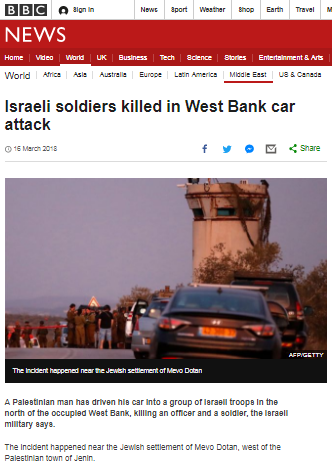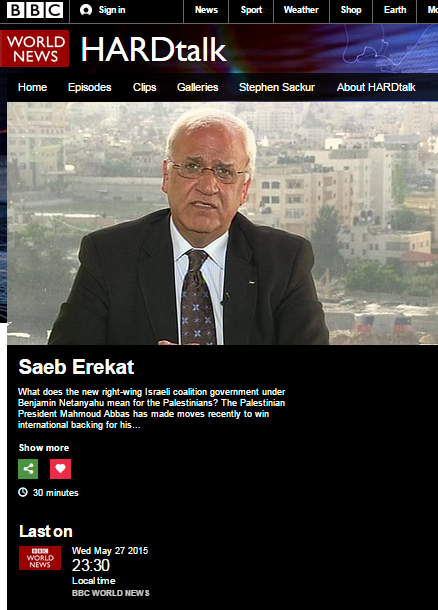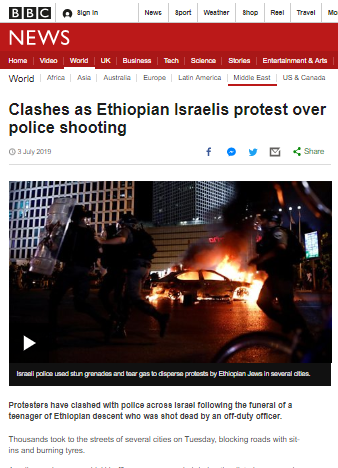As has been noted here on several occasions, the BBC generally avoids any sort of reporting on the subject of the Palestinian Authority’s finances, its use of foreign donor contributions or corruption – with the exception of one rather lacklustre report on the EU audit of late 2013. 
As a result, BBC audiences are not informed of the fact that some 6% of the PA budget is spent on salaries for imprisoned terrorists or of the financial packages allocated to recently released prisoners. And of course the related subjects of PA incitement and glorification of terrorism are also pastures which the BBC consistently avoids.
Hence, these two recent stories will most likely also find themselves in BBC limbo.
Earlier this month Palestinian Media Watch reported on an announcement made in the PA daily Al-Hayat Al-Jadida by the Palestinian Authority Minister of Prisoners’ Affairs Issa Karake. According to Karake, the PA has passed new regulation which “is concerned with improving conditions for released [prisoners]”, with a budget of some $46 million having been allocated for the purpose.
The Palestinian Authority is of course funded to a large extent by outside sources (60.8% of its GNP came from foreign donors in 2008), with the resulting effect of the freeing up of resources for payments to released convicted terrorists.
The PA also funds the payment of salaries to those prisoners still held in Israeli jails on counts of terrorism. An example of the potential effects of that practice came with the news that a Palestinian man from Hebron told the Israeli police that he had planned to get arrested by the Israeli authorities on terrorism charges in order to qualify for the PA payments and thus pay his debts.
“The prisoner, Husni Najjar, informed interrogators in August that he plotted a fictitious attack with the explicit aim of being charged for a crime with at least a five-year sentence, during which he would receive a monthly salary that would cover the expenses for his upcoming nuptials. Najjar had already served a prison term for plotting a suicide bombing.
“Because of my difficult financial situation, as I told you, I decided to arrange an imaginary plan for the Shin Bet [security service] so that I will be arrested and receive more than five years in prison in order to receive a steady salary as a stipend from the PA in order to cover my debts and pay for my wedding,” the Hebron resident explained.
Najjar’s previous sentence had brought him only 45,000 shekels in total from the PA. The longer terms he anticipated, would yield 135,000. According to PMW, prisoners who receive more than five years in prison receive a steady salary of NIS 4,000 ($1,140) during their imprisonment, and continue to collect for three years following their release.”
The potential impact of such a ‘cottage industry’ should surely be of interest to any Middle East journalist worth his or her salt, but of course the BBC systematically avoids any mention of the vast amounts of money spent by the PA on convicted terrorists both inside and outside prison walls, the resulting glorification of terrorism and the effects of those policy decisions on Palestinian society and on the prospects of a peace agreement.




